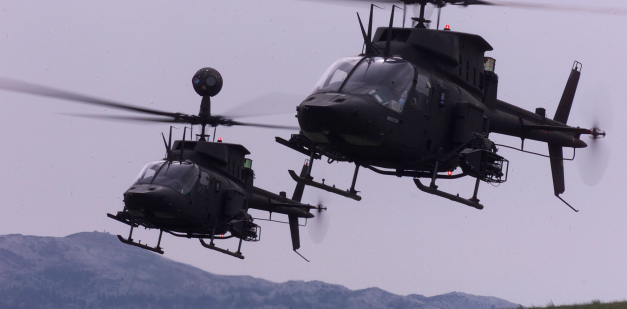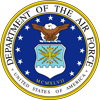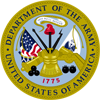Unmanned Aircraft Systems Operator - 15W

- Active/Reserve:Active Duty
- Officer/Enlisted:Enlisted
- Restrictions:None
Overview
Unmanned Aircraft Systems Operators are remote pilots of unmanned observation aircrafts, aka military drones, or UAVs (unmanned aerial vehicles) that gather intelligence used in operational tactics. Our drone operators are intelligence specialists; they are integral to providing Army personnel with information about enemy forces and battle areas.
Job Duties
Requirements
Training
Job training for an unmanned aircraft systems operator requires 10 weeks of Basic Combat Training and over 23 weeks of Advanced Individual Training with on-the-job instruction. Part of this time is spent in the classroom and in the field.Some of the skills you'll learn on your way to becoming an elite drone pilot are:
Helpful Skills
ASVAB
The Armed Services Vocational Aptitude Battery (ASVAB) is an examination that is administered by the United States Military Entrance Processing Command. It is used to determine qualification and helps predict future academic and occupational success in the military.
Compensation
See the whole list of Army Occupational Specialties here To learn more about the Army's rank structure, see our complete list of Army ranks. To see a list of military medals and decorations that can be earned by servicemembers in the Army and other branches of the military, see our list of military decorations and medals.







































































































































